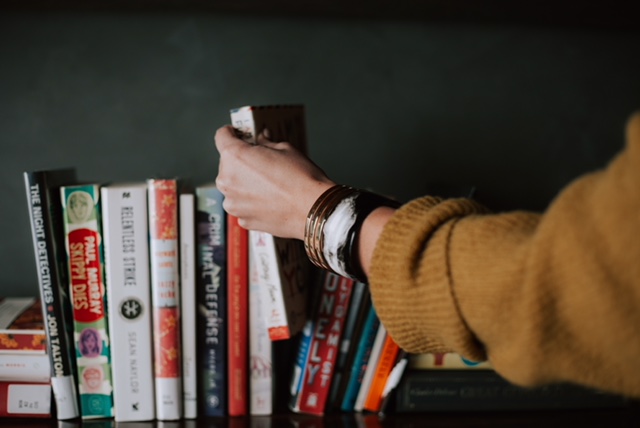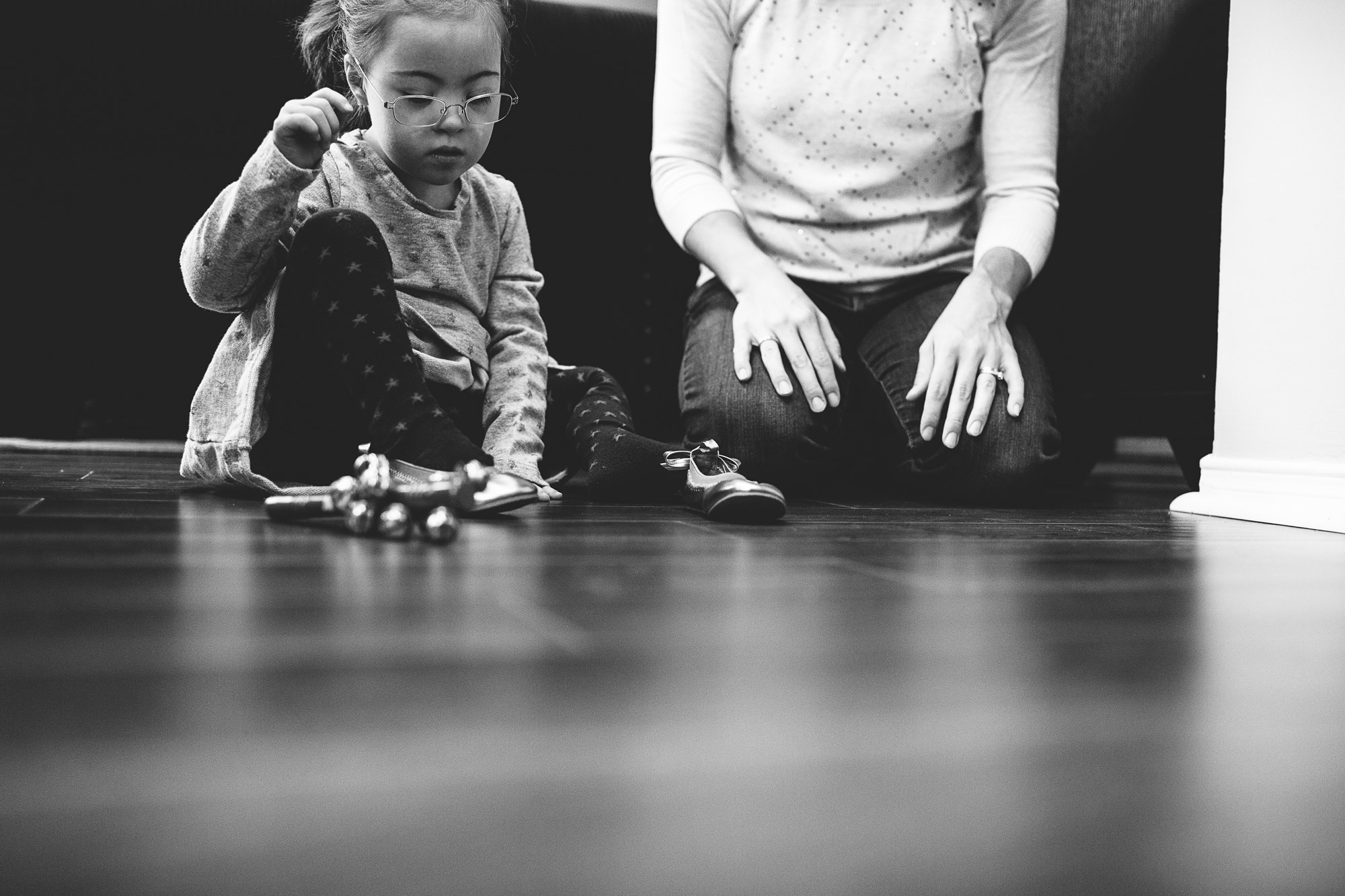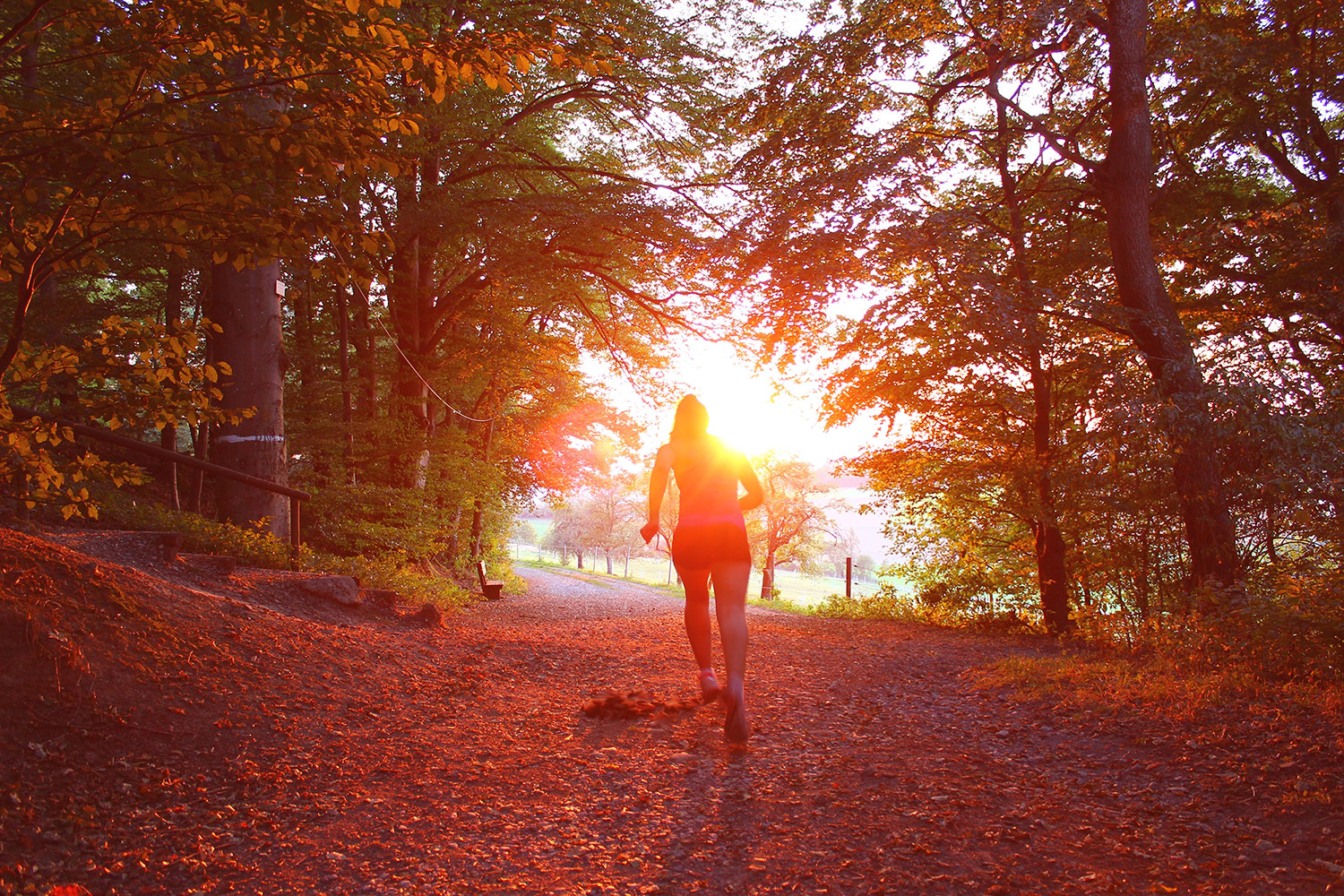What I’ve learned from reading a hundred books, two years in a row.
There is so much more to reading than the mere act: choosing a good book is an art form in itself. Yet, books are for people of all ages, stages, abilities and interests, and I guarantee you there is a book – or ten – written specifically for you. You have what it takes to find it without being a bibliophile or getting a degree in book-ology. There’s many a story that will reach right into the core of your being, take hold, look you dead in the eye, and say, “There. This. I hear you. This is why you are here.”
I long for those books, the ones that get me, that seem to be speaking directly to my inner voice, conversing in tongues or love languages or whatever other voodoo that seems to take place. Finding the right book, simply put, feels magical.
But how does one go about hunting down the perfect book, that elusive species that isn’t necessarily Heather’s pick and on the bookstore’s shelf front and centre (though that’s not a terrible place to peruse)?
And for those who don’t have time to read a hundred books a year, how do you maximize the time you do have by narrowing down the books you need to get through to find The One?
Here are my tips for happy reading, and finding the right book:
#1 The shiniest, most widely acclaimed, award-winning books aren’t necessarily the show stoppers.
Don’t get me wrong. I love a newly-released, highly-decorated hard-covered title like the next book-lover, but these aren’t necessarily the books that will resonate with you. Many books that earn high praise are marketable, which is not the same as a well-written, deeply moving story. Save your hard-earned cash, and wait until the book comes out in soft cover a year later. If people are still talking about it then, it may be worth the read.
#2 Visit your local library. A hidden gem may jump up at you off the shelf.
I’ve discovered many a new best friend, and treasured story walking past book stacks. Trusted librarians curate content for the end of the stacks, and guess what? Those librarians know what they’re talking about! I’ve found diamonds looking back at me from the exposed shelf. On this note…
#3 Search for books specifically in a topic that interests you. Browse by section in your library or beloved book store.
When I’m in the mood for a memoir, I visit the autobiographical/biography section in Chapters, and sure enough, there are often several titles that catch my eye. A few of these books, found in this method, have defined me as a writer. The same goes for the library. Who knew (however obvious this seems to me now) there was an entire shelf in my local library dedicated to writers and writing. Of course there is! Some of those books are terrible! But some have served to enlighten, to educate, and have spoken to me so loudly, I can’t believe I may ever have missed their call, which brings me to the next point…books you should ignore.
#4 Don’t read a book that doesn’t interest you!
This may seem obvious, but how many people do you know who refuse to abandon a book they aren’t enjoying? If you start reading, and the book isn’t good, please, do yourself a favour and put it back or return it. Start anew.
Your time is precious, and you don’t owe that book – or that author – anything. Someone else will like that book – it’s just not for you. No need to feel bad about it! Nobody’s feelings will be hurt if you stop reading one page in, or even – GASP – half way through. I have done both. I’ve also pushed through to finish when I shouldn’t have, and taken ten times longer to read a book that should have taken a few days. A great strategy to help decide whether or not a book is for you is to read the cover flap, and then let the book flop open to a random page and read it. Alternatively, read the first few pages before you even step away from the shelf, and trust me, you’ll know, you’ll just KNOW.
Books that I’m enjoying – and yes, my happiness is paramount here (even if the book is bringing me to tears) – I usually read quickly, unless it’s a longer book. I’m talking two or three days – maximum two weeks. If a book takes me longer than a week or two to read, there may be a problem. I either need to reprioritize my reading time (unlikely), or (more likely) the book isn’t great. I want a book that draws me in, that makes me want to read through dinner, that calls from the front seat (because I took it with me JUST IN CASE) when I’m driving the kids to school; that I crack open while sitting on the bleachers through my kids’ gymnastics practice. The book I read from the passenger seat on the 45 minute drive to my in-laws, whom I adore, and when my beloved family gets out of the car to go into their house, I physically have to tear myself away to join them. I want a book that demands to be picked up from the moment I first wake up, to the last second before I fall asleep. Believe me, I have read many such books – they do exist! And you deserve to read them too. Hold out for the books that grab you, and if they don’t, and you’re not enjoying yourself – as Queen Elsa says, let it go.
#5 Keep that friend who reads in your back pocket.
Unless you personally know or happen to be a book critic, chances are your next best bet for discovering quality reads is second hand from that friend who reads. I’m talking about the friend you know who reads a lot. Maybe they’re a librarian, or teacher, or writer, or English major. These are all safe bets. If they’re your friend in the first place, it’s likely you will have a thing or two in common, and chances are good you may like the same type of books that they like. Maybe not. It’s worth the risk to ask your well-read friend for their favourite titles. Don’t be shy about this. If there’s one thing your loves-to-read, lives and breathes books friend loves, it’s talking about books. Indulge them! You may not regret it, and you may discover the book that imprints for life on your heart.
If all else fails, go for complete randomness. You might end up pleasantly surprised. I’ve walked into used books stores, and come out with an essential read. I came across one of the best books of my life this way, Lucy Grealy’s Autobiography of a Face. Again, independent book stores are owned by people who love books. If you tell the store owner or worker what you like, they will likely be able to hone in on a book suited to your tastes (probably more so than the big-box book stores).
Whatever your level of engagement with books, your commitment to the search, I wish you great literary fortune. When it comes down to it, books represent the greatest wealth there is, our collective thoughts and histories. May you be greedy in your search to find the best of them.




